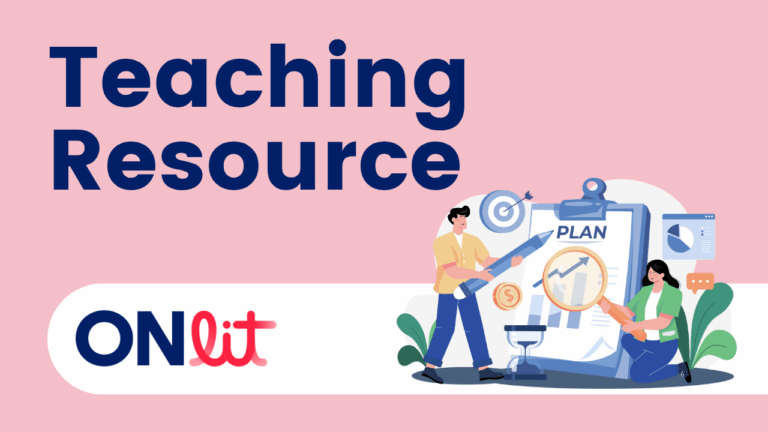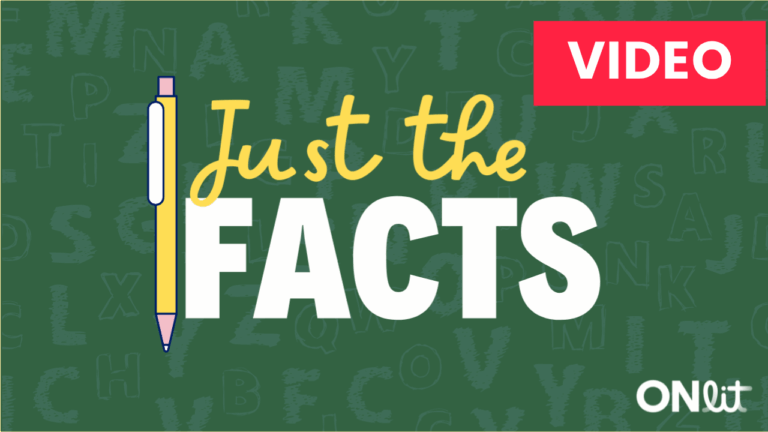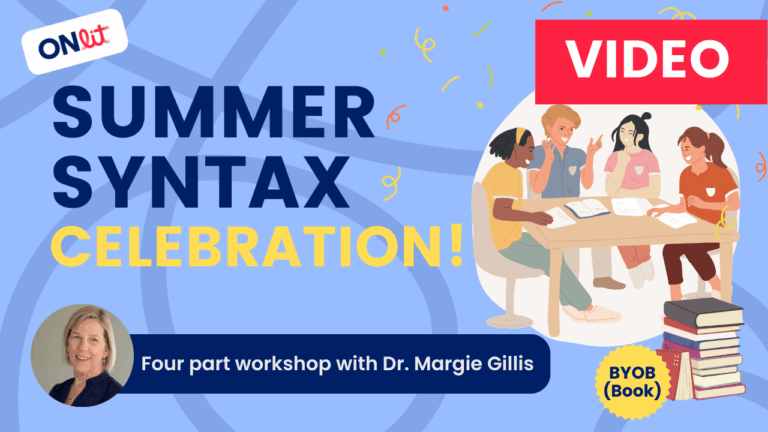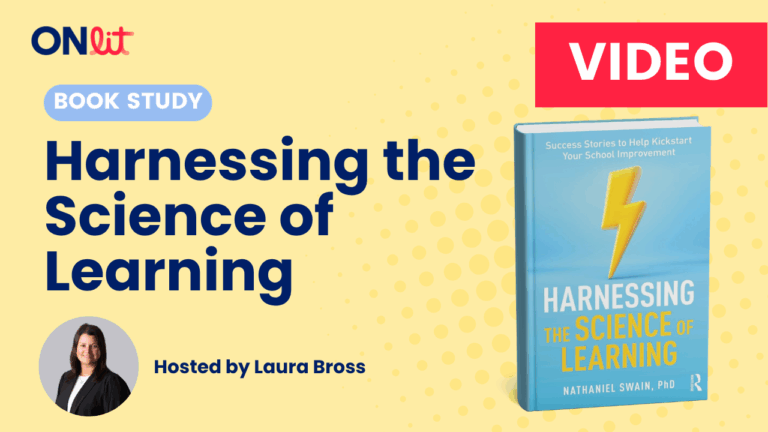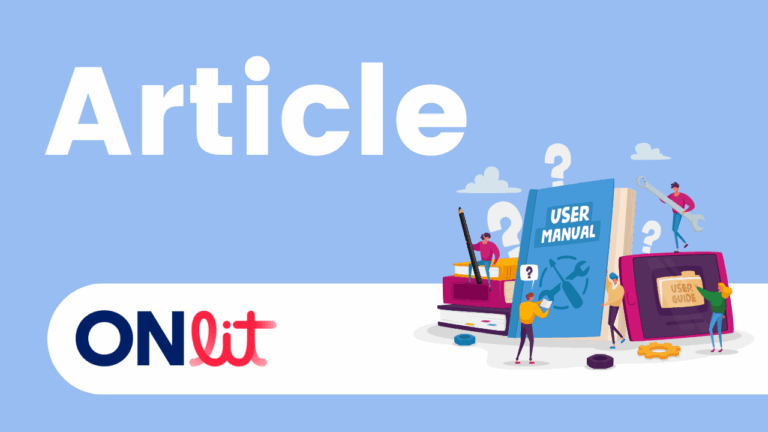Grammatical Elements by Function
This handout was adapted from Gillis & Eberhardt (2018) – Syntax: Knowledge to Practice. It highlights conventional terms for parts of speech and provides insight into the functional role these units play within sentences. Please note that it is designed to be used as an educator reference sheet and not as a teaching material with…

